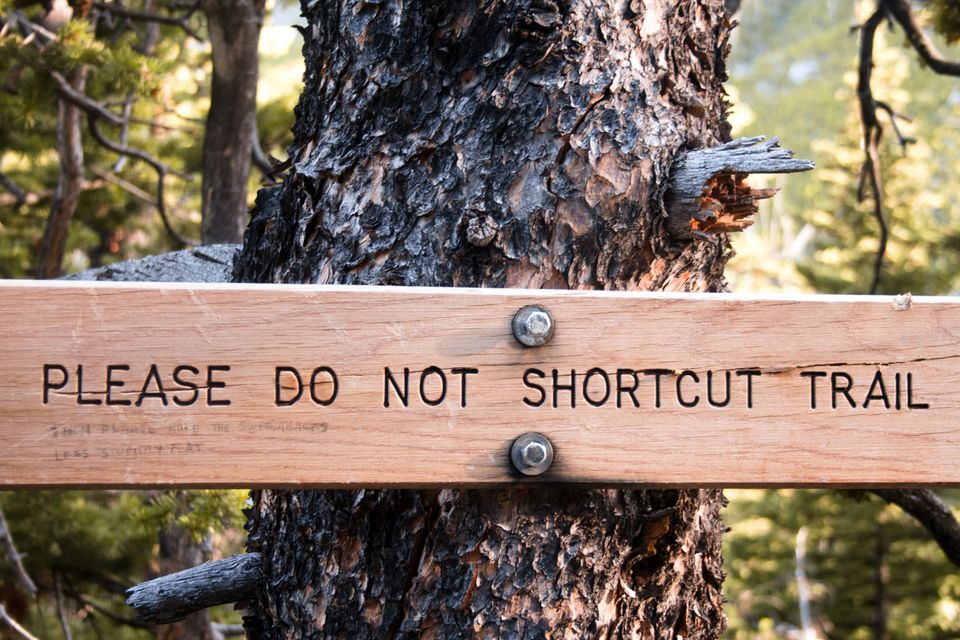Praying Like We Mean It

"I'm tired of praying like a cessationist."
That's what a friend told me on the phone the other day. Like me, he's a bivocational pastor planting a house church in a skeptical city. Like me, he's presbyterian. Also like me, he's putting his finger on how often our prayers are perfunctory (especially for presbyterians).
We don't really expect God to answer, to speak, to act. We think those days are past. So we go through the motions. We ask little of God, because we expect so little from him, and it keeps us from being disappointed. Besides, if we're really being honest, we are often more American than Christian - and most Americans are pretty damn comfortable. We don't need God to show up.
So we play at being Christians, just like we play at being the Church. (Stop me if you think I'm being unfair). That raises a question...
If the world needs the Christian Church (as the earliest followers of Jesus seemed to think), what kind of Christian churches does our world need?
Option 1 - Do we need more of the typical American church? Think buildings, budgets, staff, with progress measured in programming, attendance, and numeric growth. There are obviously variations; eg. a presbyterian version often prizes theological rightness over growth. My point is just this: if you cut through the superficial differences, most American churches are remarkably similar, remarkably institutional, and have been for a long while. Does the world really need more of this?
Option 2 - Or do we need more communities of simple faith? Think small organic clusters of simple Christ followers, whose life together remains remarkably undisturbed by lack of money, staff, or buildings; where progress is measured primarily by ordinary people learning to read, pray, and hear God's voice; where encounters with God lead these same people to respond, submit, obey... and also to spontaneously start more of such communities.
Many people find the second option attractive - it reminds us (rightly) of the early Christian church.
But most people find the second option elusive. Why?
Perhaps because it is more difficult and costly - it depends heavily on individuals taking personal ownership of their spiritual development; it can't be outsourced to committees or staffs with budgets. You don't get it just by attending. You've got to be engaged. It depends on a divine encounter (a meeting, according to Jesus, that depends entirely on the Spirit's blowing, although I've noticed that people who persistently seek it seem luckier than most in getting an appointment).
Mostly, I think it depends on discipline and desire over the long haul - "a long obedience in the same direction" (to quote Eugene Peterson).
Blessed are those who hunger and thirst for righteousness... (that's quoting Jesus, in Matthew 5). ...for they shall be satisfied. That's a promise. But if Jesus himself had to spend 40 days in the desert - fasting, praying, quoting Deuteronomy to the Devil - it seems reasonable to assume we might be in for a long haul too.
The good news is: These basic spiritual disciplines can (and must) be cultivated by ordinary people themselves. You're not going to staff your way into it.
Instead, we learn primarily by doing, by trying, and then by reflecting on what was helpful (and what wasn't)... and trying some more.
If there's to be any significant renewal of Christianity in America, I suspect it will happen through small organic communities of simple-but-earnest faith (in Jesus and the Scriptures).
It will be led by ordinary people (just like you and me!) putting on time-tested traditions and practices (no reinventing the wheel needed).
So... What's keeping you from pursuing this right now? What might it look like to start taking small-but-practical steps forward in a new direction?
I'd love to hear what you think...






Member discussion